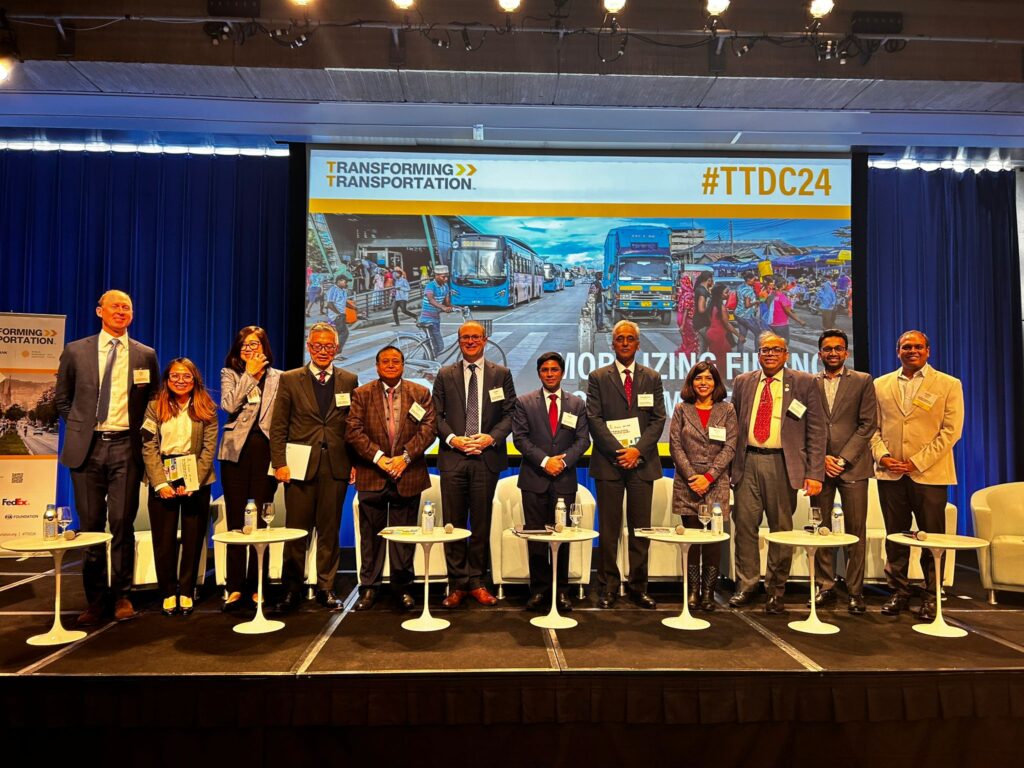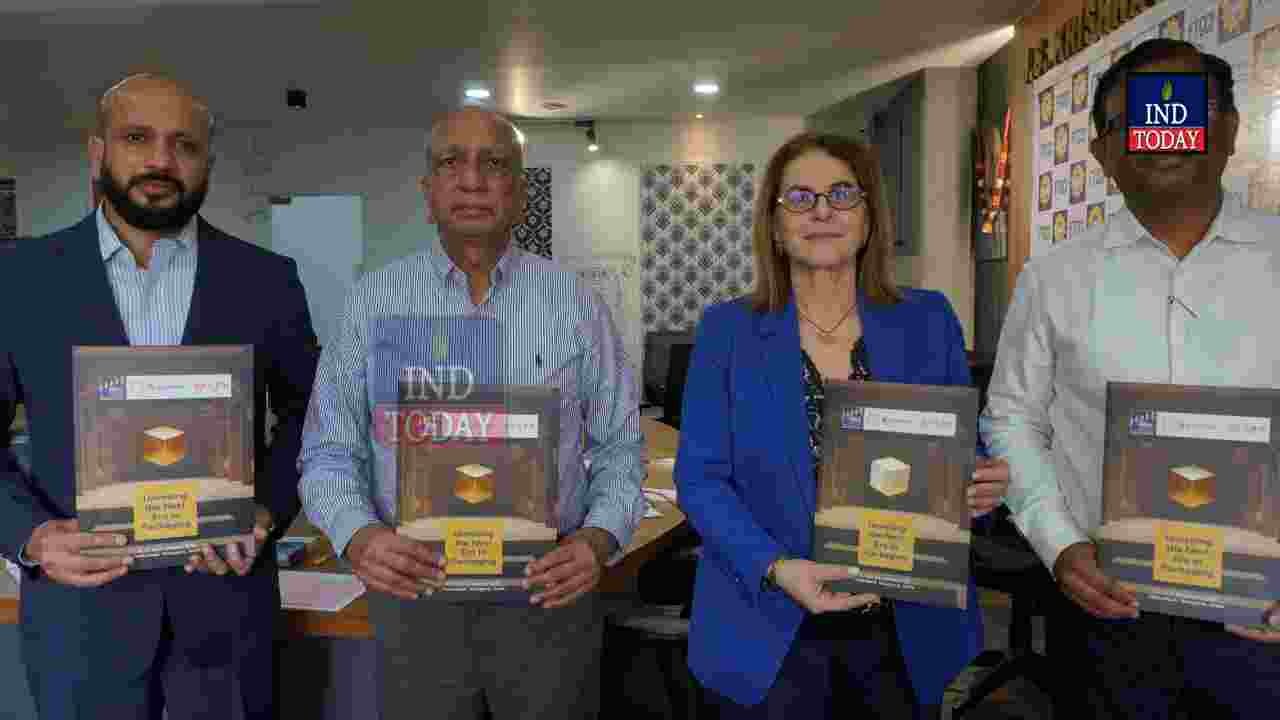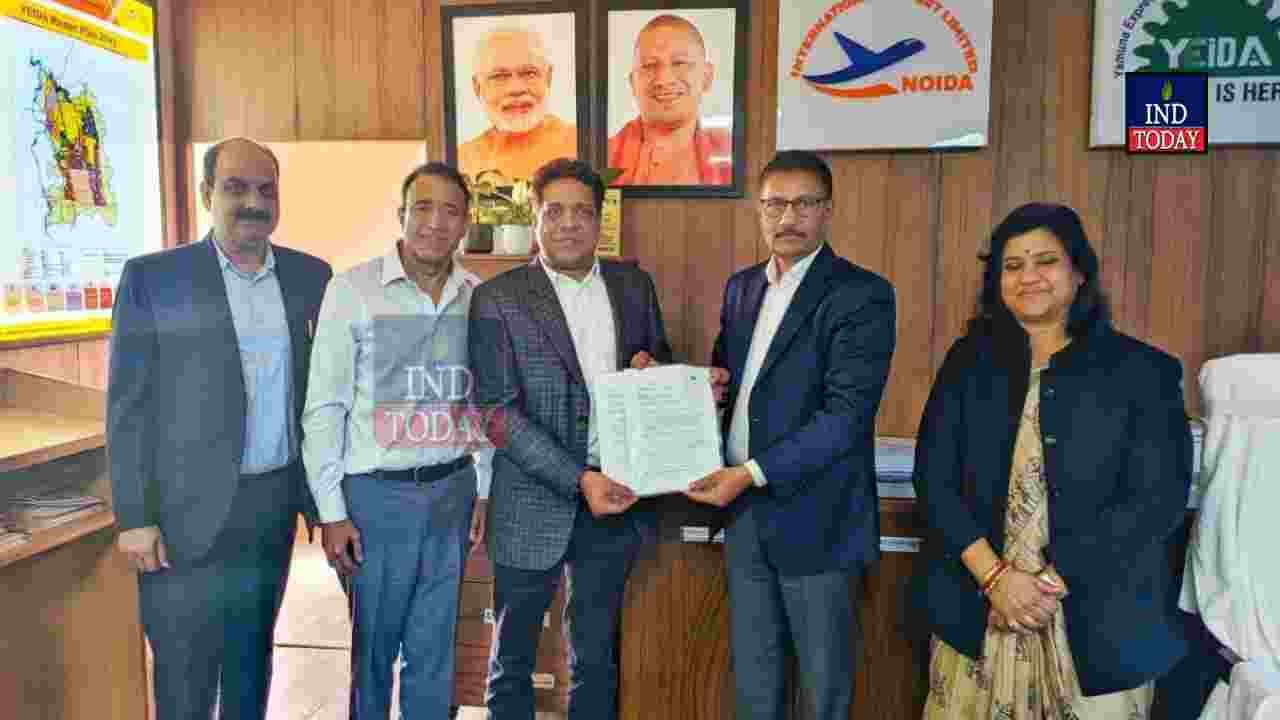SIDBI’s Latest Report Unveils 6 De-Risking Measures to Accelerate India’s Electric Two and Three-Wheeler Adoption
New Delhi, 21 March 2024: The financing options for electric two- and three-wheelers require impetus to accelerate India’s EV adoption at an even faster scale. Launched at the Transforming Transportation 2024 International Conference in Washington, D.C., the recent report by SIDBI under the guidance of NITI Aayog and with RMI as a Knowledge partner outlines six de-risking measures to reduce investors’ risks in the EV ecosystem.
Click Here To Join Us On WhatsApp
The conference undertook deep-dive deliberations on the EV ecosystem also leveraging the Indian experience for replication. The De-Risking Lending for a Brisk EV Uptake report suggests private sector initiatives can mitigate expected losses for financiers, paving the way for favorable EV lending terms.
The report advocates for three fundamental pillars: risk mitigation through financial products tailored to electric two and three-wheelers (e-2/3W), standardized eligibility criteria for OEMs and financiers, and the institutionalization of de-risking measures (DRMs).
Click Here To Join Us On WhatsApp
The report which is an outcome of aspirational interaction with 1000+ stakeholders conducted by SIDBI with the support of the World Bank brings on board the solutions to pain points and how one converts challenges or risks into brisk opportunities.
It details how two types of de-risking measures can reduce risk and redistribute liability to build EV market confidence.
Click Here To Join Us On WhatsApp
The first set of measures refers to general measures such as (i) building a comprehensive collections system incorporating digital and cash payments and reminders, (ii) implementing a robust repossession system for swift EV retrieval and (iii) encouraging customers to opt for comprehensive insurance with EV-specific coverage for enhanced asset protection.
The second set of measures tailored to the EV market include (i) leveraging telematics data to evaluate borrower income potential, track location in case of default, and monitor battery health, (ii) developing the secondary sales market and (iii) bolstering product quality assurance through warranties, service contracts, and financial agreements between OEMs and financiers.
Click Here To Join Us On WhatsApp
The identified de-risking measures can have a significant financial impact by reducing operating costs, minimizing expected losses, and improving transparency in the e-2/3W market.

Measures like digitalizing collections and streamlining repossessions aim to lower financier operating costs. Maintaining high EV product quality and establishing a robust secondary market is crucial to mitigate anticipated losses.
Click Here To Join Us On WhatsApp
Telematics data offers timely insights into vehicle operations, serving as early warning indicators for potential defaults. Additionally, combining telematics data with efficient repossession teams facilitates quick retrieval of defaulted EVs and optimizes resale values by providing insights into battery health for residual value tracking.
Through strategic partnerships NITI Aayog, SIDBI, the World Bank the Korea World Bank Partnership Facility and the Korea Economic Development Cooperation Fund are paving the way for accessible EV financing through engaging in the design of an EV lending facility and the identification of market-enabling de-risking measures to ignite electric two and three-wheeler adoption.
Click Here To Join Us On WhatsApp
Sivasubramanian Ramann, Chairman and Managing Director, of SIDBI, said, “SIDBI, through its initiatives such as the Mission 50K-EV4ECO, is committed to scaling the market for electric two and three-wheelers by offering loans to small emerging NBFCs that serve last-mile EV adoption and MSMEs looking to acquire EVs and establish charging infrastructure.
SIDBI intends to incentivize financiers to adopt de-risking measures by offering lower fees on the partial credit guarantee and lower interest rates on the concessional loan to those banks and NBFCs demonstrating the use of the de-risking measures.
Click Here To Join Us On WhatsApp
These initiatives complement the government’s National Electric Mobility Mission and EV30@30 by creating a ripple effect, reducing perceived risks of lenders, and increasing adoption of EVs across the country.”
Akshima Ghate, Managing Director, RMI India, stated, “On average, the difference in EV and ICE lending terms is reflected in the EV loan being approximately 5% to 14% higher than its ICE two and three-wheeler counterparts.
Click Here To Join Us On WhatsApp
By working to mitigate risks, the de-risking measures outlined in this timely report can work to streamline financers’ operational costs to deliver enhanced lending terms to borrowers and build market confidence in EVs among financiers and users.”
Gerald Ollivier, Lead Transport Specialist at the World Bank, highlighted, “To promote electric mobility adoption in India, the World Bank has been collaborating with the Government of India on the National Mission for Transformative Mobility and Battery Storage, led by NITI Aayog.
Click Here To Join Us On WhatsApp
The initial analysis highlighted the potential of de-risking measures in facilitating financing. Building on this, SIDBI partnered with the World Bank, supported by the Korea-World Bank Partnership Facility, to design a financing facility.
This initiative aims to establish a sustainable financing ecosystem for electric two- and three-wheelers in India by combining financial products and de-risking measures to facilitate lending to EVs.”
Click Here To Join Us On WhatsApp
SIDBI looks forward to leveraging its learning in managing Risk-mitigant models including EV RSF 2-3W to shape Risk-mitigant models for Electric four-wheelers, buses, trucks, and other emerging segments such that the EV ecosystem evolves sustainably.
Next Story:
Now you can get the latest stories from Indtoday on Telegram every day. Click the link to subscribe. Click to follow Indtoday’s Facebook page, Twitter and Instagram. For all the latest Hyderabad News updates






